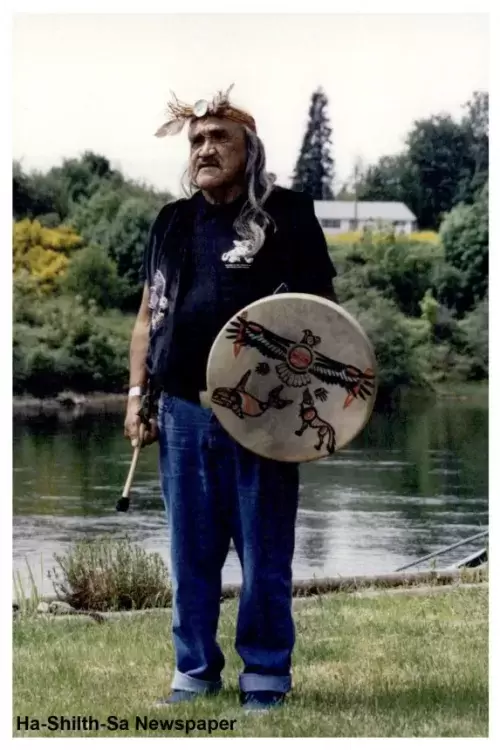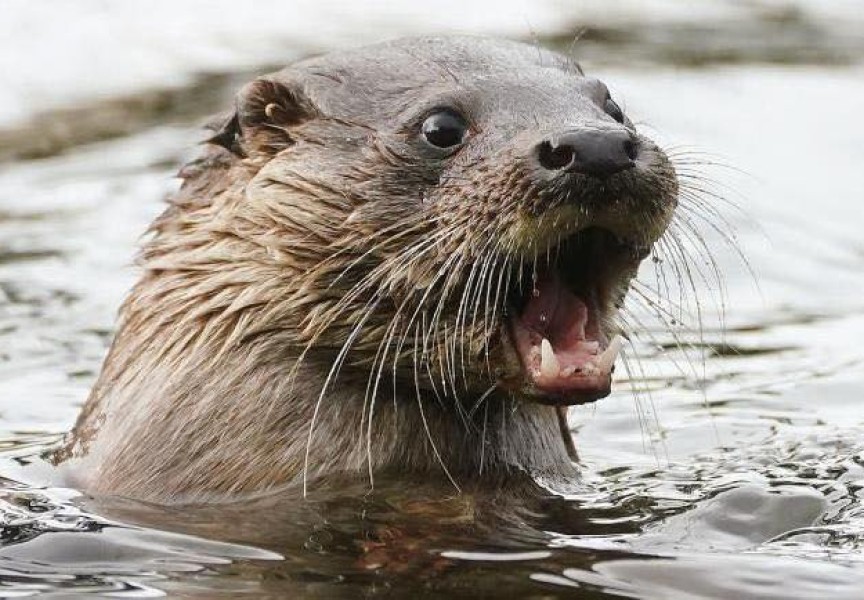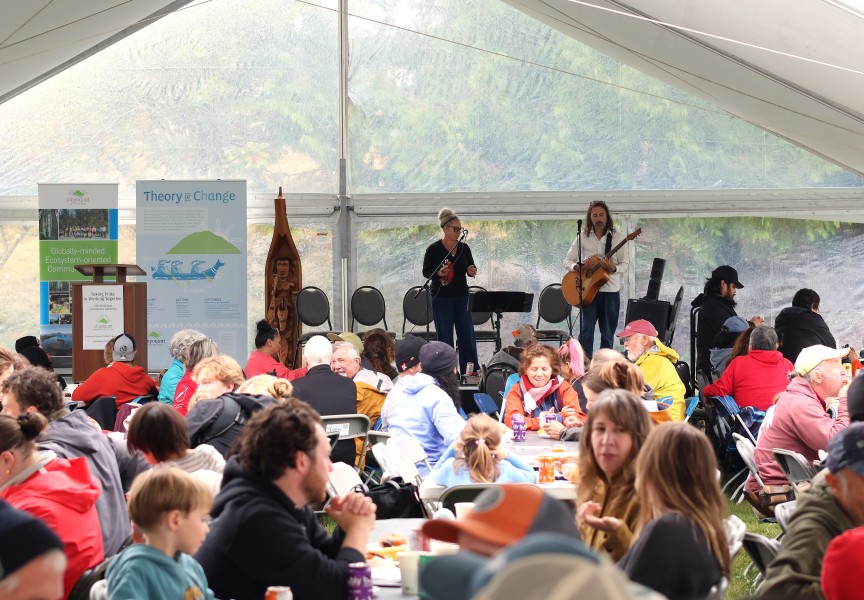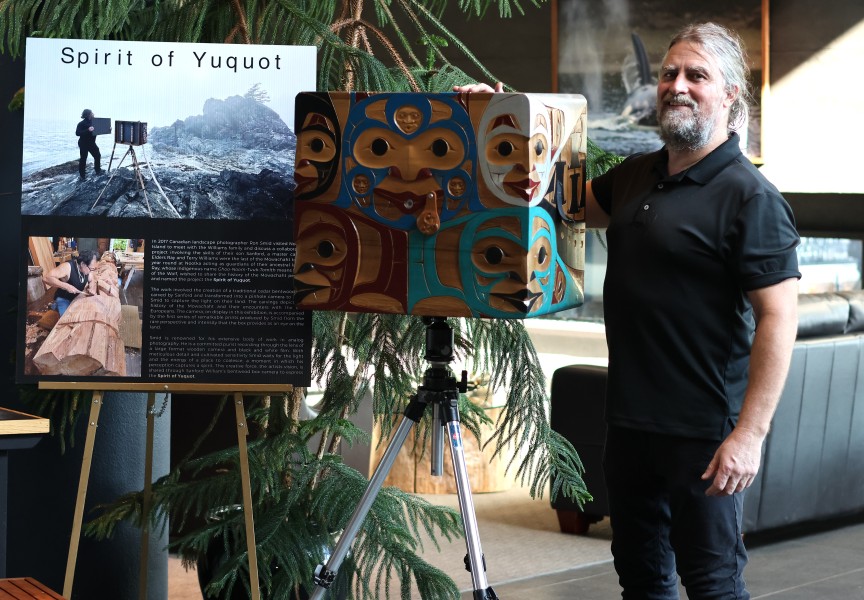Today the Ha-Shilth-Sa begins the process of releasing its archive photographs to the public - a collection of over 30,000 images, including many that have never been seen outside of the newspaper’s offices until now.
For the last several years the collection has undergone the process of being organized and archived, leading to the digitization of the thousands of images this year by Micro Com Systems in Burnaby. As the publication serving Nuu-chah-nulth-aht, the Ha-Shilth-Sat has documented the life of the First Nations’ communities since 1974. Early this year the decision was made by myself and the Ha-Shilth-Sa team that these photographs deserve to be available to the newspaper’s readers and the people who were part of informing Nuu-chah-nulth history.
Reporter Denise Titian has had a role in a good deal of this documentation at Canada’s oldest First Nations newspaper. She started at the Ha-Shilth-Sa in 1996 when long-serving editor Bob Soderlund was still operating a darkroom at the newspaper’s offices.
“Ha-Shilth-Sa is owned by the Nuu-chah-nulth community,” said Titian. “This is their paper, these are their stories and photos, so they should have free access to these treasures.”
“Preserving history is always a very important task and that’s what these photos are,” added Holly Stocking, Ha-Shilth-Sa’s client services representative.
Starting this month, the collection will be gradually introduced through an online Flickr account that can be accessed through the Ha-Shilth-Sa website or at https://www.flickr.com/photos/157258270@N05/. With 126 images available so far, current photo categories include children, elders, canoes, boats and masks. Knowledgeable viewers are encouraged to take a role in identifying the people, places and context of the photographs by writing a caption on the Flickr file. These comments will be managed by Ha-Shilth-Sa, and we ask all to honour the Nuu-chah-nulth tradition of iisaak, meaning respect with caring.







